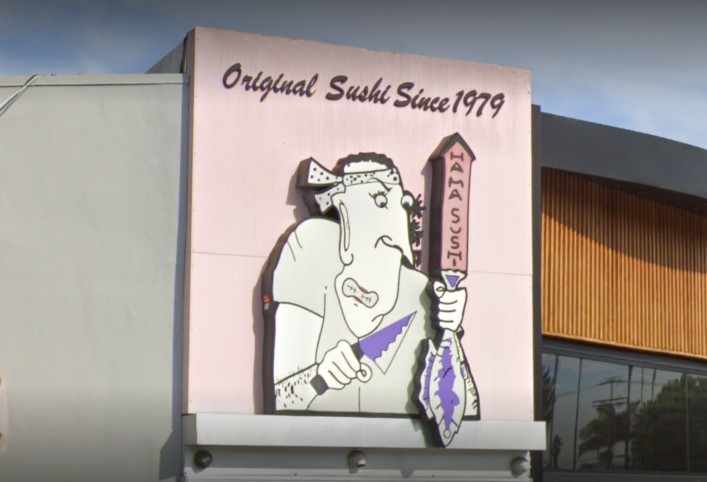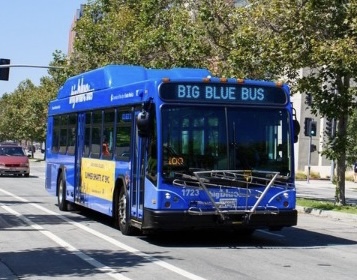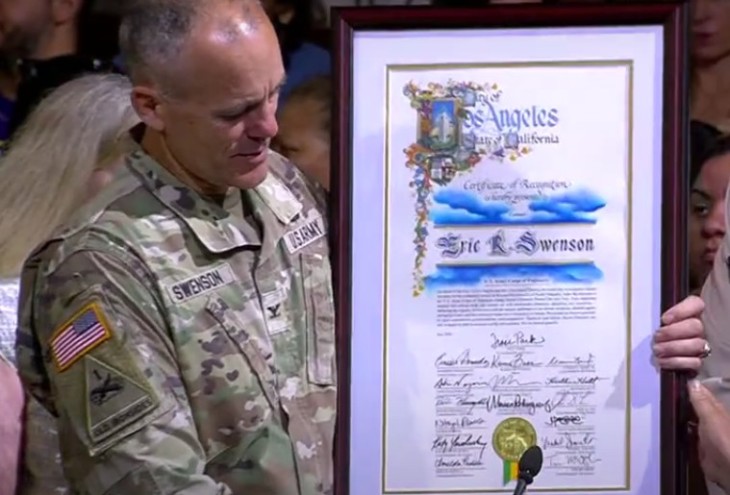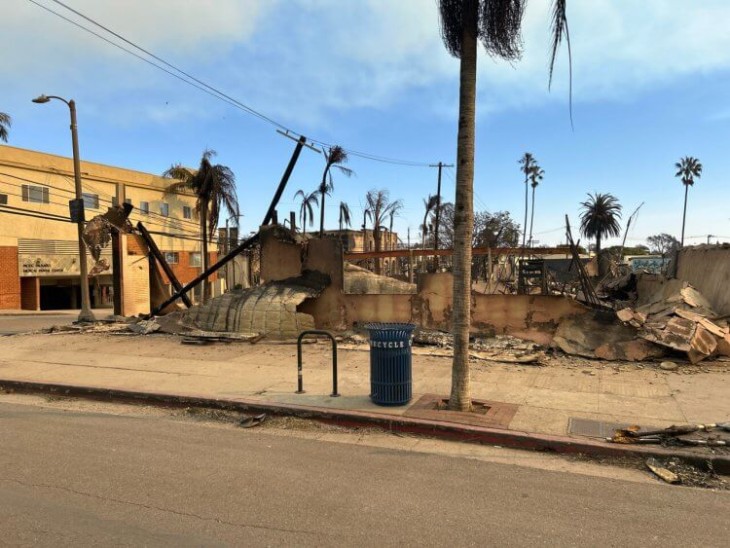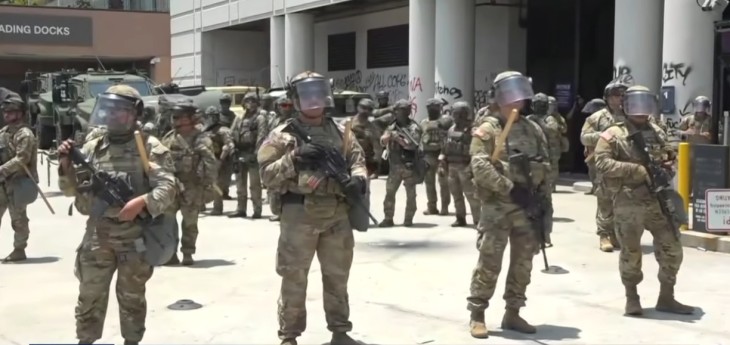By the time Santa Monica residents hit the polls to vote for a new president in 2016, some of those voters would be the beneficiaries of a new State law increasing their hourly pay.
State legislators approved a bill earlier this month increasing California’s minimum wage to $10 per hour by 2016, the highest rate for hourly wage earners nationwide.
Gov. Jerry Brown signed the minimum wage bill into law on Wednesday. Currently, the State’s minimum wage is $8 per hour.
By July 2014, the rate would increase to $9 per hour.
The minimum wage increase could be a significant issue in Santa Monica, home to many hotels, restaurants, and other service industries where it is common for hourly wager earners to take home the least amount allowable by law.
How the new law would impact living wage laws already in play in both Los Angeles and Santa Monica remains to be seen.
In 2012, the Santa Monica City Council approved a living wage provision for a development agreement (DA) proposing to build a 285-room hotel at the corner of Wilshire Boulevard and Seventh Street.
The council’s decree required the hotel owner to pay hospitality workers $11.29 per hour with benefits or $12.54 per hour without benefits.
During the council’s deliberations on the matter in March 2012, living wage proponents urged Santa Monica’s leaders to set the baseline at $14.97 per hour, almost $7 higher than California’s current minimum wage.
Other developers seeking to build in Santa Monica have been subject to a living wage concession, as well.
Within Santa Monica, policy makers have sought a living wage for local workers to ensure those working in the city could earn enough money to also live there.
The going rate for those hired by non-local developers who have contracts with Santa Monica was $13.54 per hour at the time the living wage provision was adopted for the hotel project at Wilshire and Seventh.
Council member Kevin McKeown told The Mirror he hopes Santa Monica continues to stay ahead of federal and state minimum wage laws. “We should also be asking how (the minimum wage increase) will benefit those of us who live here (in Santa Monica) already,” McKeown said. “Even the new state minimum wage, if signed into law, falls far short of a true living wage, particularly for Santa Monica. We will continue to aim higher than the federal or state standard, because this is a community that honors working people and believes they deserve the respect and dignity of being able to support their families through their labor.”
He added a livable wage and affordable housing are key policies for Santa Monica to pursue.
“In the Bergamot Area Plan I stressed the importance of affordable housing for the workers who will come to fill new jobs in the area,” McKeown said. “Workers who can live near their Santa Monica jobs don’t have to commute, worsening our traffic, and they spend their grocery, clothing, and yes, rent money, in our local Santa Monica economy. We can make it possible for working families to live in Santa Monica by means of lower rents, or higher wages, or a combination of both.”
Similarly, former Mayor Michael Feinstein told The Mirror a minimum wage raise would not only help keep local workers living close to their jobs but also provide more resources to Santa Monica’s homeless.
“When people are able to live near their jobs — which any increase in the minimum wage helps bring about — it reduces long-distance commuting, which helps address local issues like traffic, stress, and air pollution, and global issues like climate change,” Feinstein said. “The more people who work here who are able to live here, the more it enables us to be a city of people from diverse income levels, which is something I believe — and I think most Santa Monicans believe — makes us a better community. A raise in the minimum wage can also help the working homeless in Santa Monica get a leg up and get off the street.”
An increase to the minimum wage, Feinstein added, could help spur the local economy and help the state in its economic recovery. Greater purchasing power for large numbers of people at the base of our economy will aid the recovery, improve our economy and make conditions for business in the state more favorable,” Feinstein told The Mirror.
In 2009, the Los Angeles City Council members overrode a veto by then mayor Richard Riordan and enacted a living wage law.
According to news reports, in 2011 restaurant operators at LAX were required to pay their respective workers $10.30 per hour plus full benefits.
Those who did not accept or were not offered benefits earn at least $14.80 per hour.
Currently, Washington state is home to the nation’s highest minimum wage of $9.19 per hour.
The minimum wage under federal law is $7.25 per hour.

